Martin Luther King, Jr. would have been 90 on January 15th this year. All fifty states now celebrate the national holiday commemorating Dr. King’s birthday, though several go out of their way to direct the focus away from his legacy. Alabama, Mississippi and Arkansas brazenly continue to pay tribute to slavery by honoring Robert E. Lee on the same day, and Idaho and Arizona dilute the observance of King’s birth by packaging it with a holiday to honor civil rights.
The King holiday provides an occasion each year to revisit his enduring contribution to our national self-examination. Two prominent figures drew on King’s words for inspiration this past weekend, though in very different fashion. Writing in The New York Times, Michelle Alexander cited the moral clarity of King’s speech against the Vietnam War at Riverside Church – “A time comes when silence is betrayal” – as motivation for her own advocacy for Palestinian rights and her efforts to decouple criticism of Israeli government policy from the stain of anti-Semitism.
Vice-President Pence for his part joined the ranks of leading Republicans who willfully misapply iconic King quotes around this time of year to advance political goals that are openly at odds with King’s moral vision. In an appearance on CBS’ “Face the Nation,” the pious Vice President invoked King’s exhortation against segregation, “Now is the time to make real the promises of democracy.” This time though, these words from King’s “I Have a Dream” speech were deployed to drum up legislative and public support for Trump’s border wall and his government shutdown.
I recently visited a place where King’s legacy is still intact, where the texts from his life of matchless service are held sacred. The National Civil Rights Museum in Memphis recreates the civil rights era with mesmerizing fidelity. Visitors to the museum immerse in hundreds of richly detailed, interactive exhibitions and a seemingly limitless archive of photographic and audio-visual documentation. The exploration of our shared history leaves one forever mindful of the courage of a generation that demanded change, and newly acquainted with the relevance of that history to the present day.
Hamilton Fish is editor and publisher of The Washington Spectator.




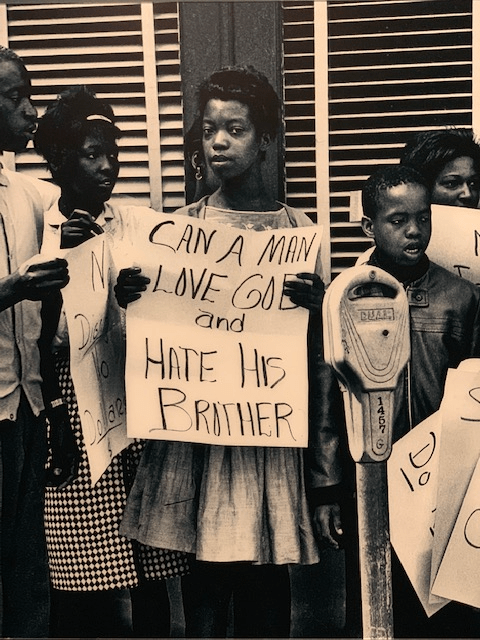
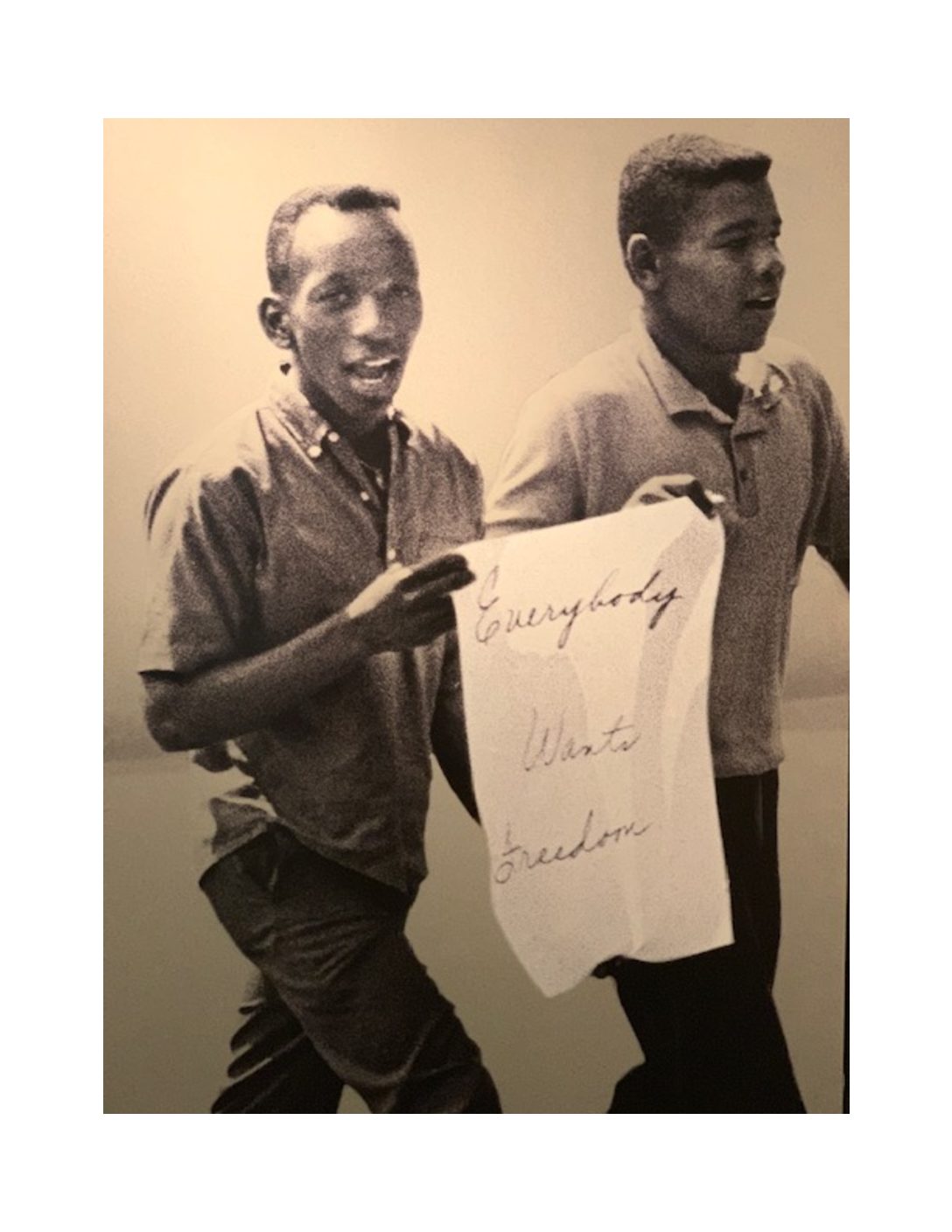

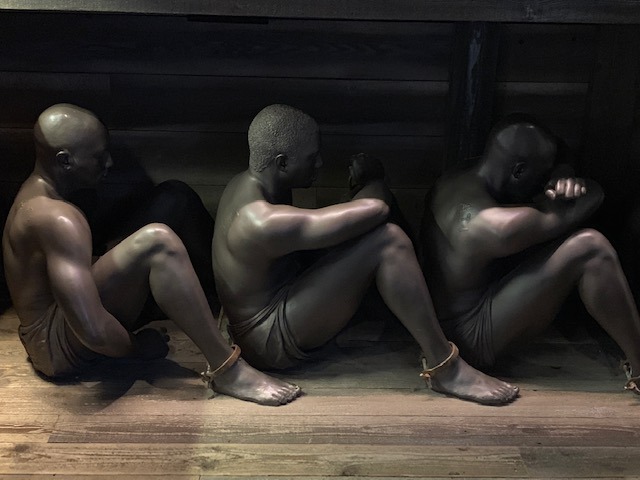



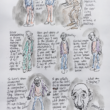
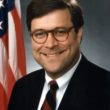

0 Comments